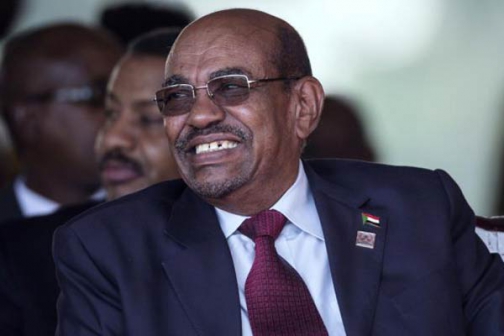×
The Standard e-Paper
Smart Minds Choose Us

NAIROBI, KENYA: Sudanese President Omar al-Bashir has joined a growing list of African leaders forced out of office by the power of people.
Bashir stepped down after months of protests against his rule. Protests began in December over rising food costs but quickly expanded to a broad challenge to al-Bashir’s hold on power.